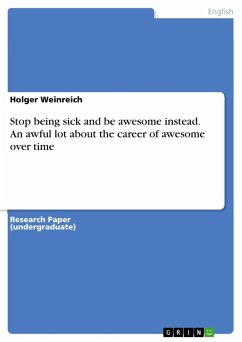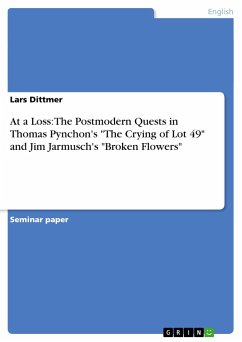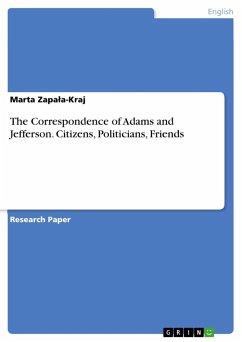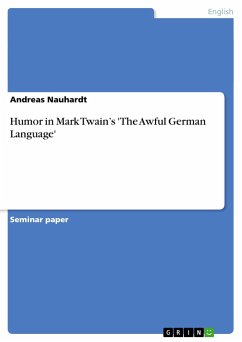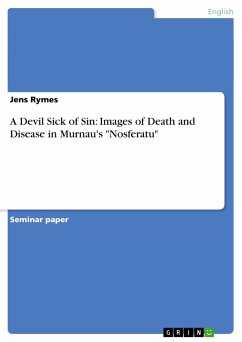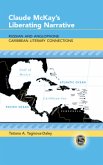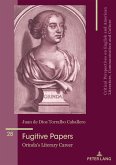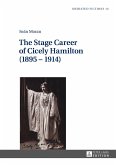Research Paper (undergraduate) from the year 2016 in the subject English Language and Literature Studies - Linguistics, grade: 1,3, University of Göttingen, language: English, abstract: The first sentence of the title of this term paper - an abbreviated excerpt from a hallmark expression by the actor Neil Patrick Harris from the US American TV-series How I met your mother - hints towards the different perceptions of the adjective "awesome" that can be found in the English language. However, the same holds true for the adjective "awful" which results in the fact that there still are contrasting concepts of both adjectives within the English speaking community and therefore also the possible audience of this term paper. The goal of this term paper is to show that there is a connection between the change in meaning of the two adjectives whose conceptualization both changed somewhere in the mid-20th century. For an explanation of the change, Rudi Keller's theory of an Invisible Handin linguistics is used. Keller's theory was chosen for this analysis as it has received significant attention since its publication in 1990 and proven useful in explaining various phenomena of language change. In addition to that, the change in meaning for both "awful" and "awesome" happened in a rather short period of time. It therefore qualifies for an explanation that put language change on the basis of a set of similar individual circumstances, just as Keller does with his idea of phenomena of a third kind. Firstly, the paper gives an introduction into Keller's ideas, introduces the theoretical framework and also presents critical receptions of the Invisible Hand Theory. Secondly, the development of "awesome" and "awful" over time is presented and an explanation for a possible connection is given. This is done with the help of data Google n-gram and the Corpus of Contemporary American English as well as information from both the Oxford English Dictionary and the Merriam-Webster Dictionary. In the last part, this paper applies the theory of an Invisible Hand on the language change for "awesome" and "awful" by using three categories that were developed by Christa Dürscheid. The last part also answers questions about individual motives for actions that facilitate language change, explains a possible selection process as well as gives a definition for the newly emerged structure of this particular part of the English language.
Hinweis: Dieser Artikel kann nur an eine deutsche Lieferadresse ausgeliefert werden.
Hinweis: Dieser Artikel kann nur an eine deutsche Lieferadresse ausgeliefert werden.

